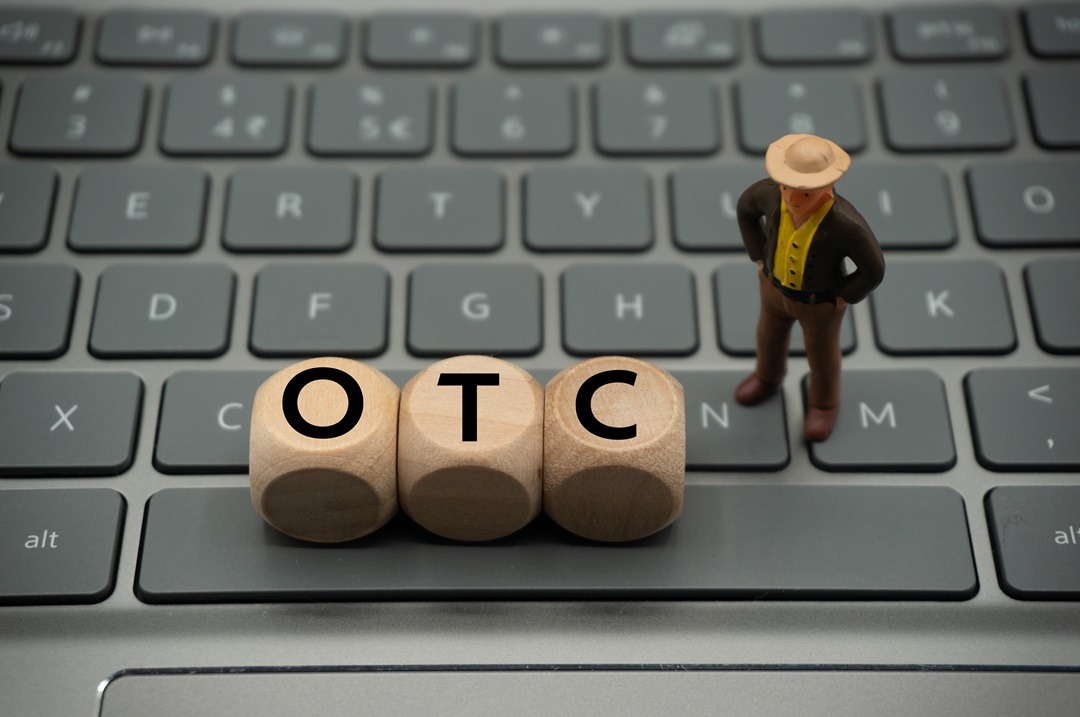What are the Advantages of B2C Banking?13 min read
Reading Time: 5 minutesOne of the most used digital banking services, B2C banking! One key advantage of the business-to-consumer (B2C) model lies in direct customer engagement between businesses and their consumers. This facilitates quicker and more effective customer service, clearer understanding of consumer wants and needs, as well as enhanced marketing of products and services.
B2C models often boast lower operating and overhead costs compared to other business models, thanks to reduced need for physical storefronts and inventory requirements, plus the internet’s global reach which allows companies to reach customers without resorting to costly advertising campaigns.
What is Business to Customer Meaning?
Business-to-customer banking (B2C banking) refers to providing banking services directly to businesses, typically including deposit and loan products. It has become an increasingly popular practice within the financial sector.
B2C banking refers to any bank that operates with an approach geared toward serving individual consumers directly, such as providing checking, savings accounts, personal loans, mortgages, auto financing services, debit cards or any other financial products directly to individuals. B2C bank accounts may also be known as retail or consumer banking.

Business to Customer (B2C) Banking Features
There are some advantageous B2C payment features now. Business-to-consumer (B2C) banking markets provide consumers with a range of convenient, safe, and secure products and services – such as savings and checking accounts, personal installment loans, residential mortgages, credit cards and more – while business-to-business (B2B) banks provide corporate customers with various cash management, commercial mortgages, working capital loans and trust services services.
In order for any financial institution to thrive, they must offer superior levels of customer service. This applies across industries but particularly banking. That is why so many firms are investing in strategies like self service to enhance customer experience.
These strategies provide customers with a convenient means of completing tasks without needing direct human support, streamline customer journeys and provide more thorough answers for commonly asked questions – all while saving banks money through cost-cutting measures. This way they can provide customers with a superior customer experience at lower costs than traditional methods.
Use of such tools allows for real-time feedback from customers, providing invaluable insight into their needs and expectations.
Another key benefit of these tools is their versatility in meeting the needs of both B2B and B2C customers, particularly B2B clients who may need to manage large accounts quickly and conveniently. They require accessing information quickly.
What are the Important Benefits of B2C?
Banks see B2C banking as an immense opportunity to increase customer engagement and boost revenues – particularly given the growing need for instant B2C payments.
This business model can also offer lower prices to consumers than other business models, thanks to reduced operational and overhead costs as well as more competition among online retailers selling similar products or services.
B2C businesses tend to employ fee-based business models. Consumers pay to access content online such as Netflix for movies and drama series or newspapers like the New York Times. B2C organizations may also earn indirect revenue via advertising placement on their website; this strategy is popular on social media websites and journalistic publications.
B2B sales require longer sales cycles and require greater investment in building relationships with potential clients, leading many small businesses to favor the more cost-efficient B2C model.
What is B2C in Digital Banking?
Let’s examine the simple answer to this question: what is B2C? B2C Bank accounts present financial institutions with an opportunity to rethink their B2C payments strategy.
Instead of letting fintechs siphon off revenue streams through payments services like B2C payments platforms and fintech companies, banks could provide the infrastructure for embedded finance features like accounts, B2C payments flexibility and access to credit to ecommerce businesses through Banking as a Service (BaaS).
Companies and organizations looking to improve B2C in digital banking offerings must remember agility is crucial in order to remain competitive. Banks may use various tactics such as statements with reminders sent via email or postal mail, email alerts or reminders, gamified experiences or more in order to encourage customers to transition away from analog channels and onto digital ones.
You can get the most reliable answers to the question “how to do B2C banking” from reliable digital banking platforms.

How to Do B2C Banking Payments with Digital Banking?
B2C payments can be complex affairs that span multiple parties and payment methods. A business buyer, for instance, might use multiple cards to pay vendors or buy goods and services from marketplaces – and these transactions might involve cross-border payments which necessitate additional complexity within banks’ systems and processes.
Despite these challenges, corporate finance, treasury, and procurement functions continue to require solutions to optimize the procurement-to-pay process. This has created an opening for PSPs and fintechs to develop services that address specific pain points within procurement-to-pay workflow. Digital disbursement technologies can make disbursing payments simpler.
Whatever your business model is, you can take advantages of this fast ecosystem by using a reputable digital banking platform such as The Guardian Bank.
Opening a B2C Banking Account
Digital banking is the future of banking, and financial institutions can use this innovative form to better engage their consumers. By offering an intuitive experience across multiple channels, financial institutions can ensure their consumers remain satisfied and engaged with their brands.
Fintechs are challenging the traditional banking system with innovative products and services that challenge its relevance, yet are appreciated by their consumers. People now have access to debit cards, credit cards, digital wallets, savings and investment accounts provided through non-bank companies – offering greater financial inclusion while simultaneously helping individuals build resilience. Furthermore, banks use this data generated with every transaction to sell additional services or products as needed.
You can easily manage your B2C banking accounts online by platform offered by The Guardian Bank.
How to Open a B2C Banking Account Online?
It is so easy to open a B2C banking account online. A business bank account allows you to separate personal and professional finances while accessing higher annual percentage yields (APYs), making deposits via check or digital deposit easy and offering greater APYs than personal bank accounts can. Many banks provide these free accounts; it is essential, though, that you understand all requirements related to opening one so you can select the most appropriate one for yourself.
To open a B2C banking account you will require personal and company documentation including your name, address and phone number as well as any official documentation related to the nature of your business such as DBA (Doing Business As) certificates or tax identification numbers. Some banks require minimum opening deposits while others may charge fees for specific services provided to businesses.
Once your application is submitted and approved by a bank, you can begin using your new account immediately – although approval could take several days due to identity verification processes and validating documents you provided.
Some online banks allow you to open a B2C banking account entirely online while others require visiting a branch location. When selecting a bank for your business needs and long-term goals, an online bank may save both time and money; just read all fine print carefully to maximize savings! Ideally look for accounts with no or minimal fees when possible for maximum savings potential.
If you desire to launch B2C banking transactions easily and online, you can contact The Guardian Bank. We offer fast and secure B2C transactions for businesses, as The Guardian Bank.



